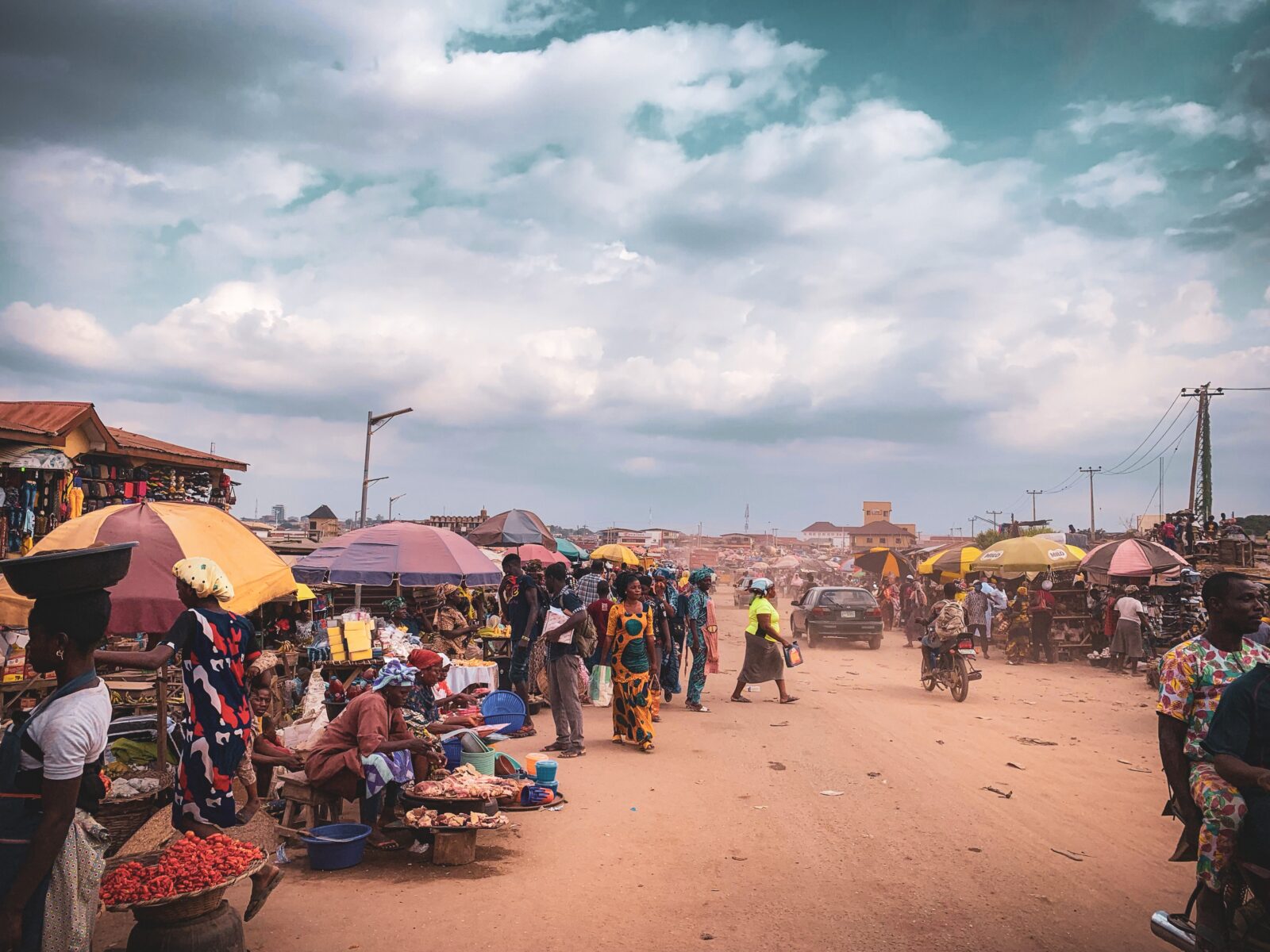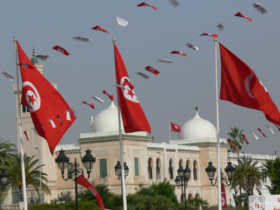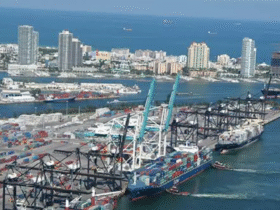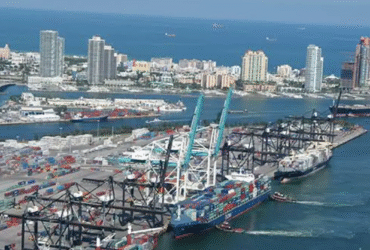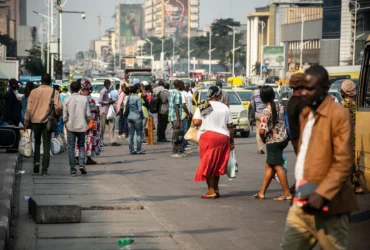In October, African startups managed to secure a total of $156.2 million in funding, showing a 24% increase compared to the previous month. This increase comes in the midst of a global funding squeeze.
The data from Benjamin Dada’s Funding Tracker reveals that this funding was the result of 16 deals during the month, a slight decrease from the 19 deals in September 2023.
The funding was distributed across various sectors, including artificial intelligence, healthtech, communication, logistics, e-commerce, edtech, cleantech, HRTech, and insurtech. Notably, cleantech startups accounted for the majority of the funding at approximately 74%, totaling $116 million, followed by fintech at 16% with two deals worth $25 million, while AI companies received $3.9 million.
Additionally, healthtech secured a single deal worth $3.6 million, communication received $3 million, logistics obtained $1.8 million, and e-commerce acquired $1.5 million. There were also two deals in insurtech and edtech sectors, each amounting to $1.075 million and $400,000, respectively.
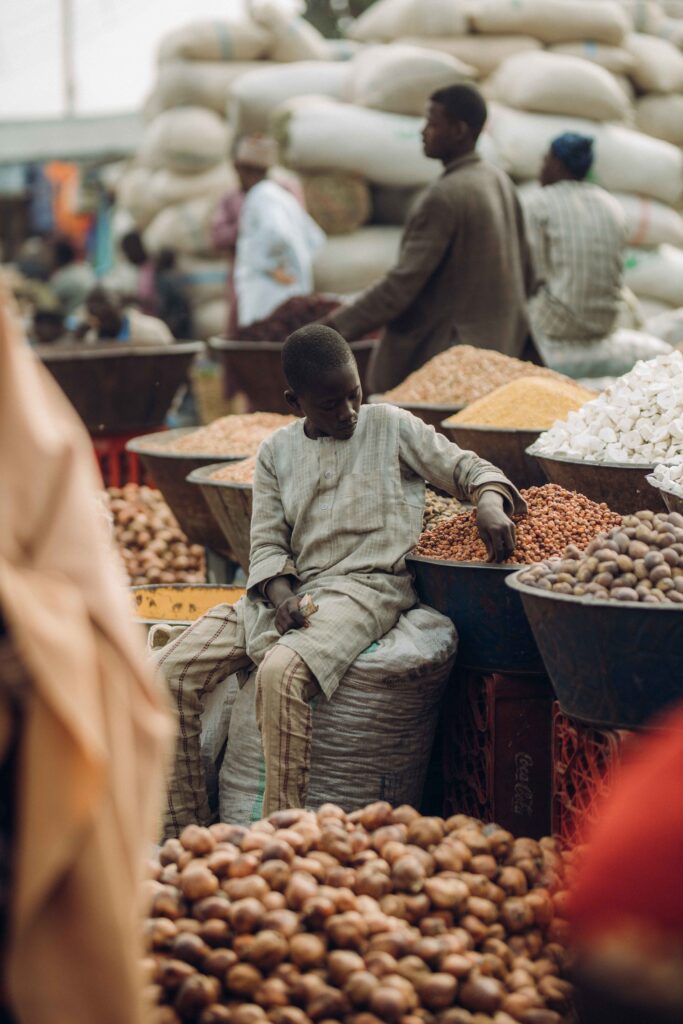
In terms of countries, Nigeria attracted the largest portion of funding at 65.9%, largely due to Husk Power’s $103 million funding round, which was the only notable deal recorded for the country. Other recipients of funding included South Africa, Egypt, and Cameroon.
Out of the 16 disclosed deals, nine belonged to the early-stage category, consisting of seed and pre-seed rounds, while the remaining seven deals fell into the growth stage, encompassing pre-Series A, Series A, and Series D rounds.
African startups have been affected by the global slowdown in funding. In the first nine months of 2023, African startups raised $1.3 billion, a significant drop from $3.3 billion and $2.9 billion during the same period in 2022 and 2021, respectively. In the third quarter of this year, Venture Capitalists (VCs) invested $300 million into African startups between July and September, marking the third consecutive quarter of funding decline, as reported by the startup funding tracker Africa: The Big Deal.
This funding crunch in Africa is a result of the global tech downturn, which has seen mass layoffs, reduced investment levels, hiring freezes, and lowered valuations worldwide. Nigerian startups were also affected, as they raised only $470 million between July 2022 and June 2023, compared to $2 billion raised between July 2021 and June 2022.
Source: BusinessPost


